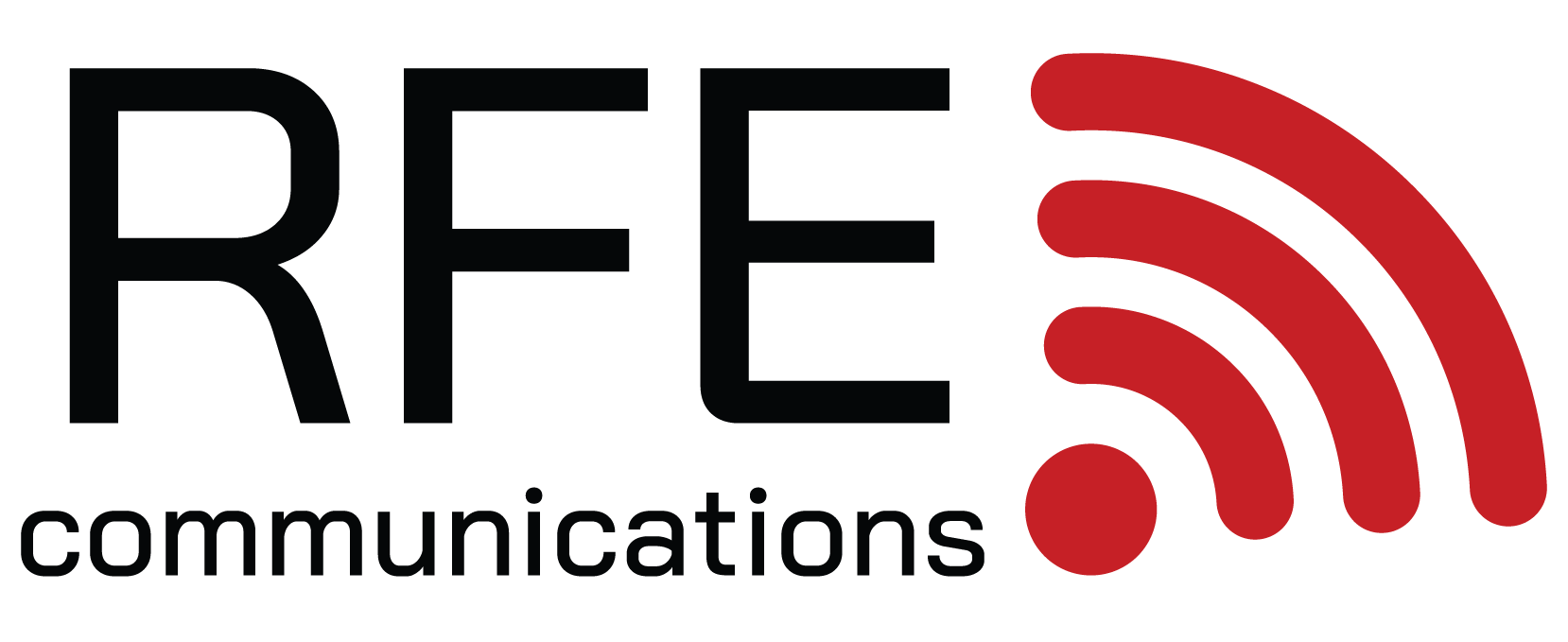5 Ways to Thank Community First Responders
We’ve always known first responders risk their lives regularly to save others. Recently we’ve seen one newscast after another where emergency responders rush into danger to protect others, and they’re perhaps less appreciated than they’ve ever been. We see one situation after another that could be deemed every responder’s first nightmare and can’t imagine how they show up to do their job day after day, but somehow they do.
At RFeCommunications, we’re immensely grateful for our first responders and want to extend a deep, heartfelt thank you, but with everything they give, sometimes words just aren’t enough. Here are some ways you can thank those risking their lives in your community.
Write a Letter
First responders receive a lot of criticism. Some of it comes from the public and unfortunately, many get even more from stressed-out supervisors and anxious administrators. Counteract some of that negative input with positive words of your own when you write a letter.
Sending an email or Facebook message is good, but a handwritten note is even better because it’s more personal and tangible. Cards and notes can be placed on a table or refrigerator to encourage the whole department. Pick up a card at the grocery store or just use pen and paper. Here are a few suggestions to get you started.
- State how much you appreciate them and what a difference they make in your community.
- Share a story or memory of an experience where a first responder helped you.
- Thank their families for allowing them to work a high-risk, emotionally intense job day in and day out.
- Express recognition of how difficult it must be to work situations that are frightening and heartbreaking.
- Extend best wishes for their safety.
Provide a Meal
Police, Fire, Emergency Medical, and other personnel work long days, and they’re always on the go. Food is always appreciated. Junk food is easy to obtain but it’s not great for people who alternate between long periods of sitting in a vehicle and intense bouts of physical activity. Healthy food gifts are better.
Home-cooked meals are a luxury. Drop off a pot of soup or casserole personnel can eat when it’s fresh or reheat later if they have to rush out on a call. Sandwich trays, meat and cheese trays, or veggie trays make it easy to grab and go or to snack throughout a long shift. If food prep just isn’t your thing, gift cards for local eateries will be appreciated too.
Drop Off a Care Package
It’s the little things that make life easier. Make your own care package or gift basket, or get together with a group for an even more impressive thank you gift. Use these ideas or come up with your own:
Anytime Care Package
- Hand sanitizer
- Sanitizing wipes
- Chapstick
- Sunscreen
- Batteries for flashlights
- Extra cell phone chargers for vehicle use
- Energy or protein bars
- Packets of peanuts or crackers
- Beef jerky
- Single-serve drink or coffee packets
- Pocket notebooks and pens
- Small packages of tissues
- Gum or hard candy
- Gourmet tea or coffee
Cold Weather Gift Basket
- Gloves and hats – handmade or store bought
- Hot cocoa packets
- Hand and foot warmers
- Hand and lip moisturizer
- Instant soup mix
- Ice scrapers
- Puzzle books
- Card and board games
Summer Care Package for First Responders
- Water bottles
- Gift cards for local vendors selling slushies or shaved ice
- Cooling towels
- Mint chewing gum
- Cooling lip balm
- Insulated drink cups
- USB mini fans
Brag Online
If you have a good experience with a first responder, thank them publicly on your social media accounts. Tag the person or their department so they’re aware you’re giving them public recognition. Encourage friends and family members to share your post.
Make Sure They Can Communicate
They work hard to protect your safety. Show them you’re grateful when you take steps to protect theirs as well.
If you own a multi-level building, warehouse, or large facility, make sure first responders will be able to communicate using hand-held radios if they come to assist during an on-site emergency. Modern construction materials, hilly terrain, and surrounding buildings can all interfere with radio transmission. Have your building tested to make sure they’ll have adequate coverage throughout.
RFeCommunications provides in-building wireless solutions at a fraction of what it costs to install active DAS. Get in touch to find out more.
